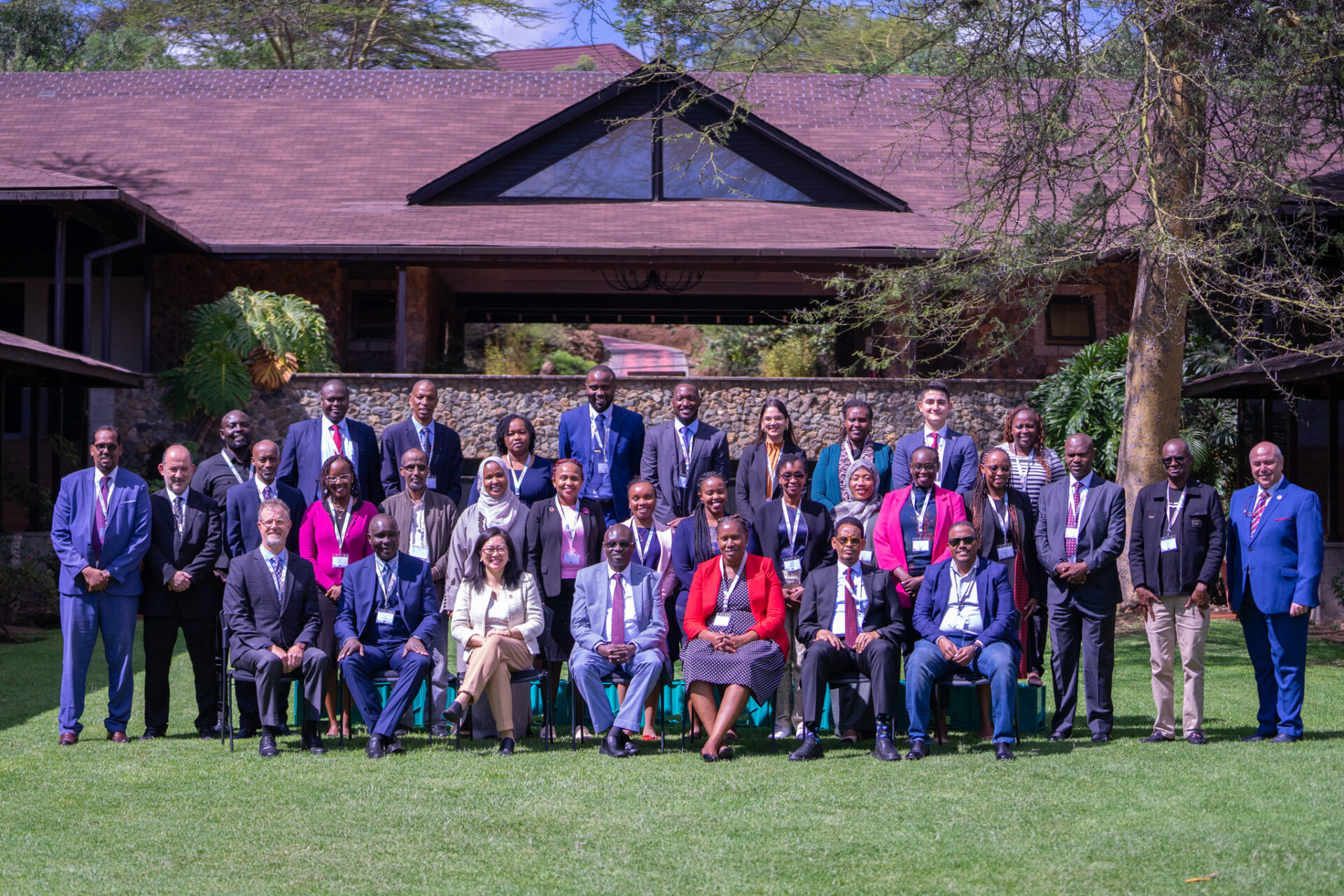
On 26-29 November 2024, the International Institute for Justice (IIJ), in partnership with the Kenyan Ethics and Anti-Corruption Commission (EACC), hosted a Capacity-Sharing Workshop on Drafting Mutual Legal Assistance Requests in Cross-Border Investigations, in Naivasha, Kenya. The workshop was conducted under the IIJ's Global Central Authorities Initiative as part of the Canada-funded project "Building Strong Procedural Mechanisms for Mutual Legal Assistance (MLA)." The programme brought together representatives from key Kenyan institutions including the Office of the Attorney General, Office of the Director of Public Prosecutions, the Ministry of Foreign and Diaspora Affairs, the EACC, Directorate of Criminal Investigations, Financial Reporting Centre, and Asset Recovery Agency, alongside participants from the Federal Republic of Somalia's Office of the Attorney General, Ministry of Justice and Constitutional Affairs, Financial Reporting Centre, and Judicial Training Institute. While this gathering marked another successful convening of Kenya's key MLA stakeholders under one roof, Somali counterparts announced that the international judicial cooperation draft law --whose drafting was supported by the IIJ—had just been signed by the Somali Cabinet of Ministers and would officially be presented to the Somali Federal Parliament for discussion.
The four-day workshop focused on strengthening procedural mechanisms for MLA and enhancing international legal cooperation capabilities. The program covered crucial aspects including Kenya's legal architecture, the role of competent authorities, and practical challenges in processing and drafting MLA requests. Participants were introduced to essential tools and resources such as MLA request drafting templates, case management systems, and frameworks for establishing joint investigative teams.
Participants engaged in intensive sessions examining both formal and informal legal assistance methods, with special attention to financial crimes and terrorism investigations, utilizing UN conventions on organized crime and corruption as legal bases for cooperation. International speakers from UNODC, OPDAT, and the IIJ shared comparative perspectives on MLA requirements under different legal frameworks. The workshop culminated in practical group exercises where participants drafted MLA requests based on hypothetical scenarios, representing an important step in strengthening regional cooperation and improving the effectiveness of cross-border investigations in East Africa.
